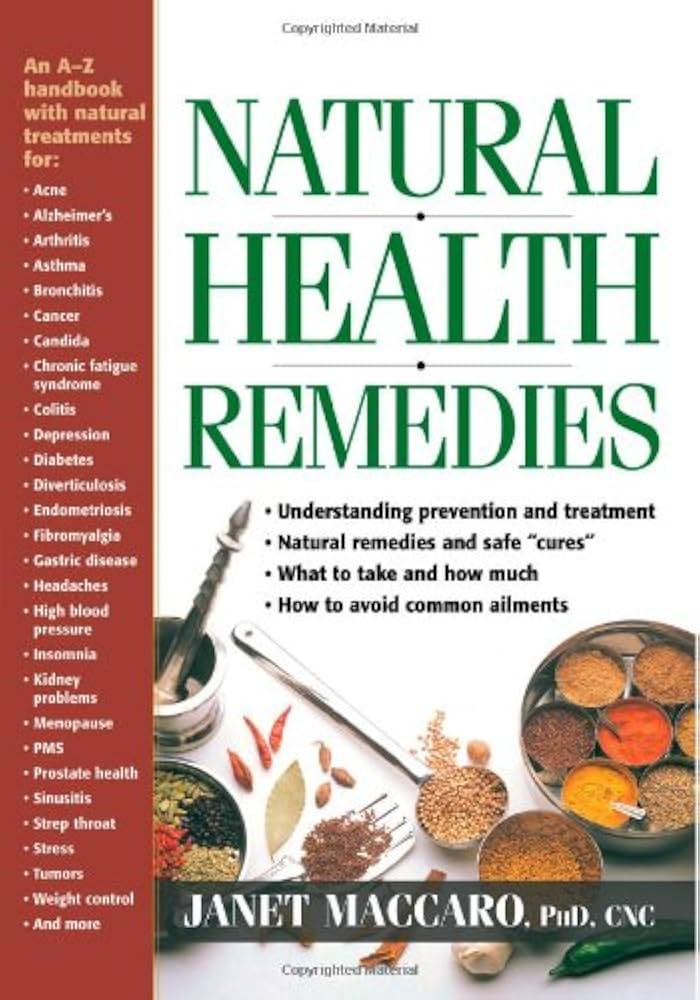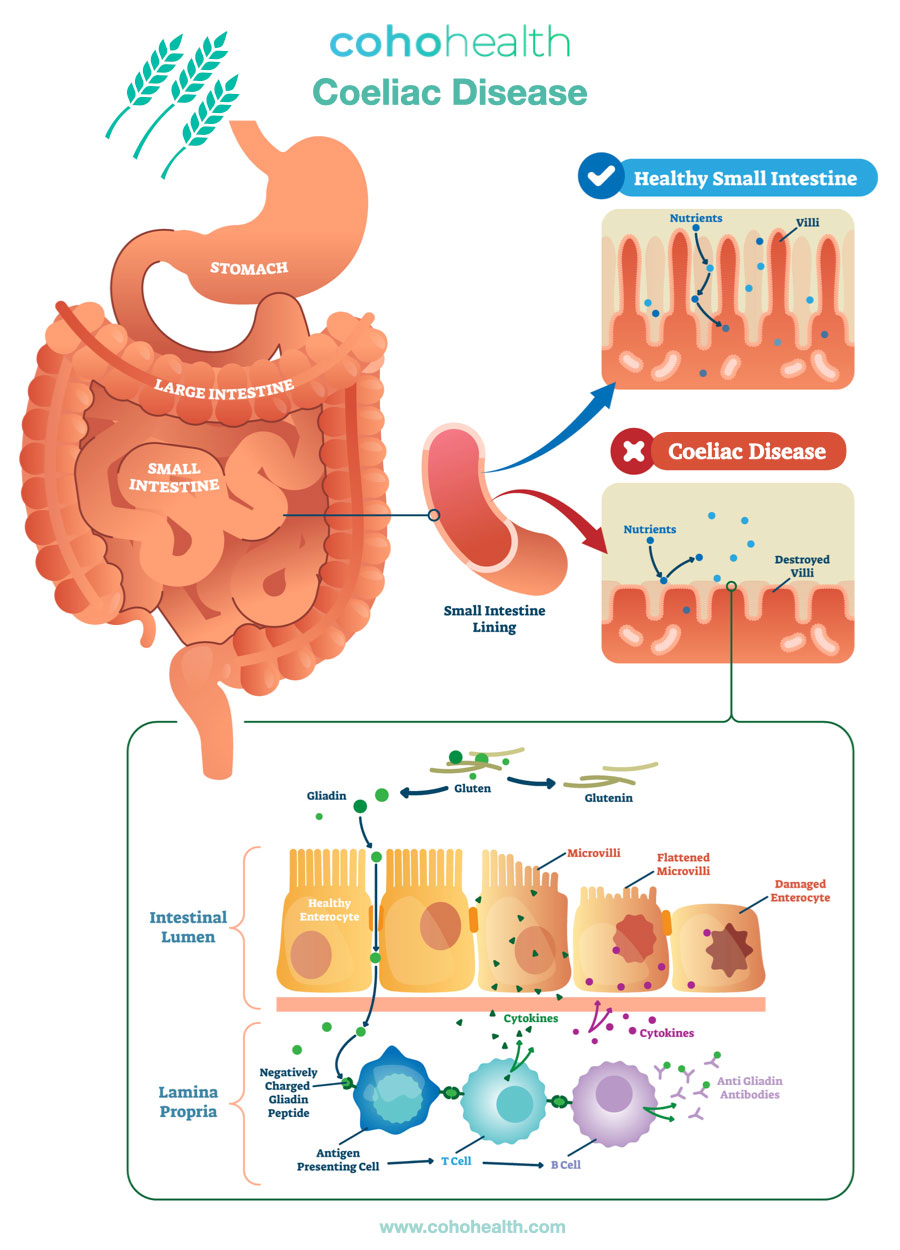Functional Medicine Approach Menopause
Menopause is a natural part of life for women, marking the end of menstruation and typically occurring between ages 45 and 55. While it can be a significant transition, conventional medicine often focuses on symptom relief rather than addressing the underlying hormonal changes driving these symptoms.
A Holistic Approach to Menopause: Functional Medicine
Functional medicine takes a comprehensive approach to menopause by considering the interconnectedness of physical, emotional, and spiritual aspects. It seeks to identify and address the root causes of symptoms rather than just treating their effects. By adopting this approach, women can experience a more balanced and fulfilling transition.
The Benefits of Functional Medicine for Menopause
Functional medicine offers several advantages over traditional approaches:
- Personalized care: Functional medicine recognizes that every woman’s experience with menopause is unique. It takes into account individual factors, such as lifestyle, diet, and medical history, to create a tailored treatment plan.
- Symptom relief: By addressing the underlying hormonal changes driving symptoms, functional medicine can help alleviate hot flashes, night sweats, mood swings, and other common menopausal complaints.
- Improved overall health: This approach encourages women to prioritize their well-being by incorporating healthy habits, such as exercise, stress management, and a balanced diet. This, in turn, can reduce the risk of chronic diseases like heart disease and osteoporosis.
Identifying Underlying Causes of Menopausal Symptoms
Functional medicine practitioners use various techniques to identify the underlying causes of menopausal symptoms:
- Hormone level testing: This helps determine if hormonal imbalances are driving symptoms.
- Digestive health evaluation: The gut microbiome plays a significant role in hormone regulation and overall well-being. Practitioners may use stool tests or other assessments to evaluate digestive health.
- Stress and adrenal function assessment: High levels of stress can exacerbate menopausal symptoms. Functional medicine practitioners may use salivary cortisol tests or other methods to gauge stress levels and adrenal function.
Treating Menopause Symptoms with Functional Medicine
Functional medicine offers a range of treatment options for menopausal symptoms:
- Hormone replacement therapy (HRT): This may involve bioidentical hormone replacement or natural compounds like progesterone and estrogen.
- Dietary changes: Practitioners often recommend a diet rich in whole foods, omega-3 fatty acids, and antioxidants to support overall health and alleviate symptoms.
- Nutritional supplements: Functional medicine practitioners may prescribe specific vitamins, minerals, or herbal extracts to address nutrient deficiencies and support hormonal balance.
- Stress management techniques: Practitioners often teach stress-reducing strategies like mindfulness meditation, yoga, or tai chi to help manage symptoms and promote relaxation.
Embracing a Functional Medicine Approach to Menopause
To incorporate functional medicine into your menopause journey:
- Find a practitioner: Seek out a healthcare provider who is trained in functional medicine and has experience working with women going through menopause.
- Educate yourself: Learn about the principles of functional medicine and how they can be applied to menopause. This will help you make informed decisions about your care.
- Prioritize self-care: Focus on maintaining a healthy lifestyle, including regular exercise, a balanced diet, and stress-reducing activities.
In conclusion, a functional medicine approach to menopause offers a holistic and personalized way to address the physical, emotional, and spiritual changes that occur during this stage of life. By identifying and addressing underlying causes of symptoms, women can experience a more balanced and fulfilling transition into menopause.
As you navigate your menopausal journey, remember that functional medicine is a collaborative process between you and your healthcare provider. Be sure to ask questions, seek out educational resources, and prioritize self-care to achieve optimal well-being during this time.
For further reading on functional medicine and menopause, consider exploring the following:
- “The Wisdom of Menopause” by Dr. Christiane Northrup
- “Women’s Bodies, Women’s Wisdom” by Dr. Christine Northrup
- The Functional Medicine Institute’s (FMI) online courses and resources on menopause


